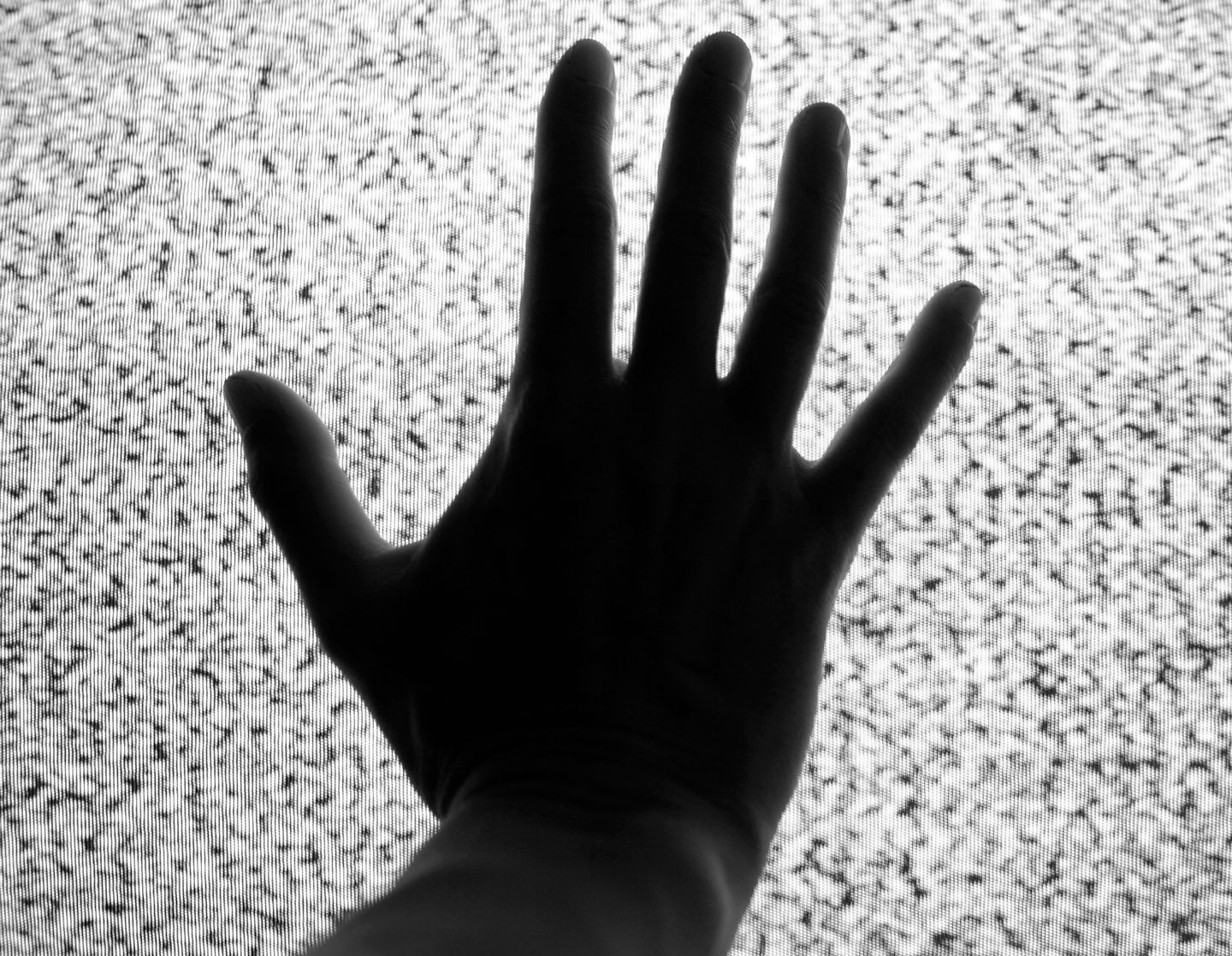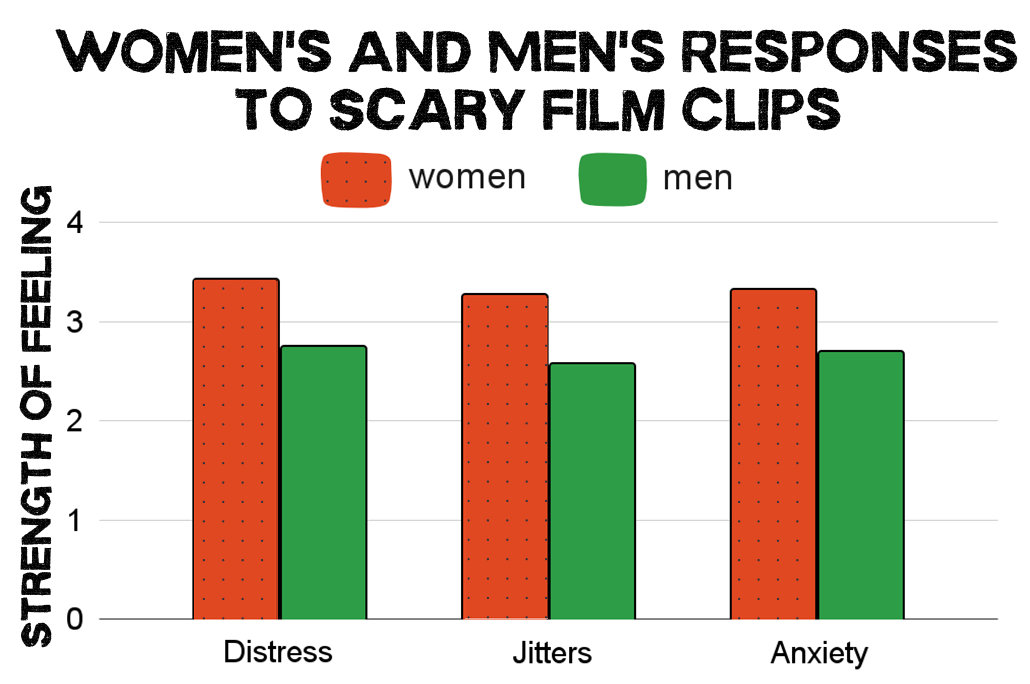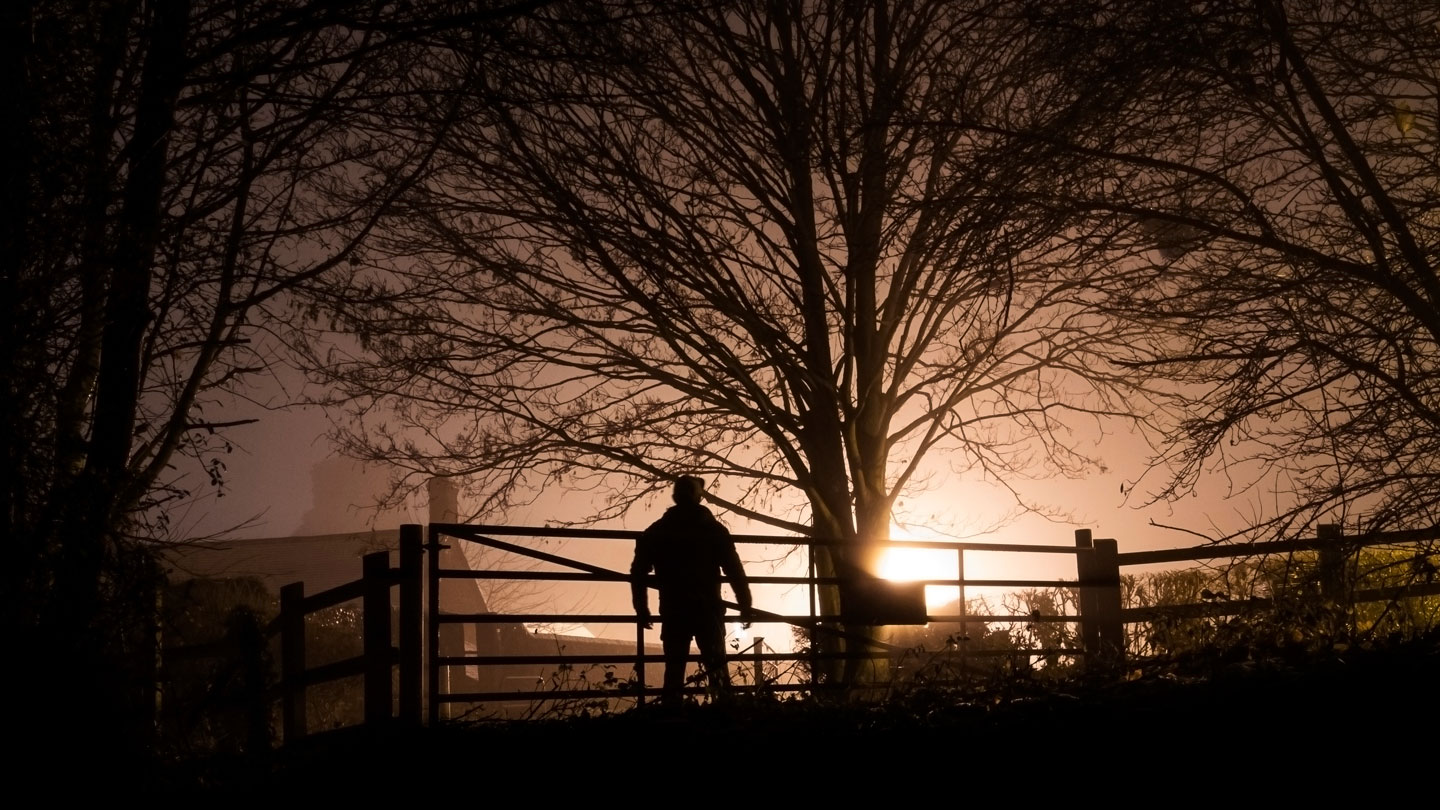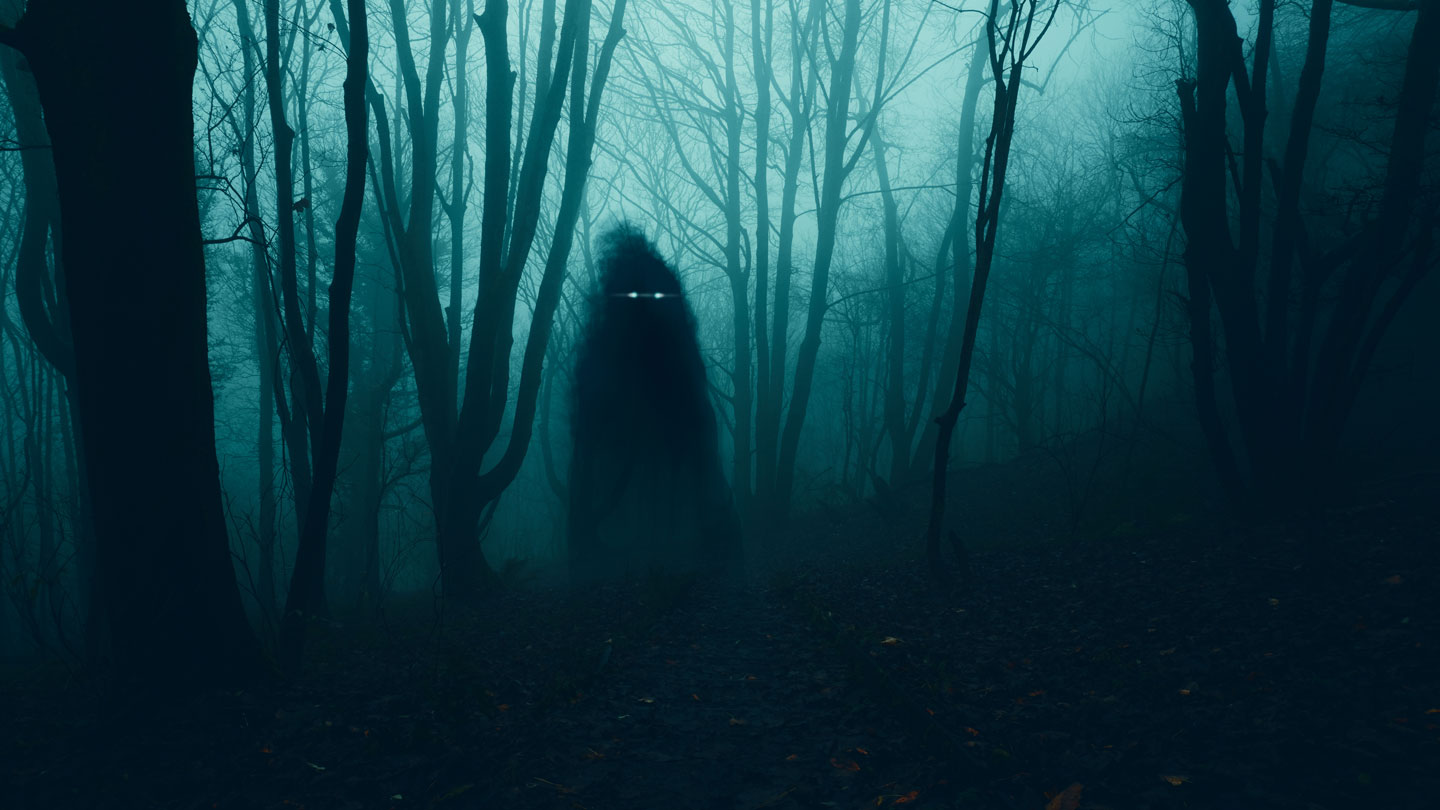A lady glides a tape into a VHS player as well as a black-and-white video clip flickers on the TV. A spooky hum loads the room as a ring of light radiances onscreen. The television fuzzes over with fixed for a minute before the photo of the ring is changed by a flurry of various other scenes. A burning tree. A squirming mass of maggots. A box loaded with shivering cut fingers.
The television cuts to static again. Across the area, a phone rings. Shivering, breathing heavily, the young woman chooses it up. “Seven days,” a voice whispers over the line– confirming that the legend of the tape is true. Anyone that enjoys it is destined die precisely one week later.

In the horror motion picture The Ring, any individual that enjoys a certain video tape is cursed to die one week later.gaiamoments/ Getty Images So begins the 2002 horror movie The Ring. For some individuals, movies such as this are too frightening to be enjoyable. However other individuals relish a good fear-fest. They’ll expect going to haunted houses at Halloween and also align to see the most recent scary motion picture. Mathias Clasen is one of these people. He ended up being interested with frightening films as a teen, he states– “Despite the fact that I recognized that there was a price.” That rate could be looking for monsters under the bed. Or sleeping with the lights on.
“But, like for lots of other individuals, it’s a cost I’m willing to pay,” Clasen says. “I was always interested about that strange fascination– what’s often called the mystery of horror.”
The mystery is this: Scary motion pictures are designed to prompt seemingly bad feelings. Dread. Shock. Scare. Disgust. Yet many individuals wish to sit through movies tracked by creepy clowns, blood-thirsty monsters and crazy killers. Why?
Today Clasen routes the Recreational Fear Lab at Aarhus College in Denmark. There, he and also others are dropping new light on the charm of dark media. New research is just starting to untangle who suches as scary, and also why. The searchings for may not just aid describe a curious quirk of human behavior. They may additionally expose how frightening media helps individuals face real-life anxieties.
The buzz concerning scary
A teen sets off throughout a cornfield in the midnight. Heading, he shoulder-checks a scarecrow hung jagged on its message. A few minutes later on, he seems to pass the scarecrow once more. Overwhelmed, the boy walks on. But he quickly stops a 2nd time. Below, on the side of the course, stands the scarecrow’s blog post. The scarecrow? It’s gone.
The concern of why people locate pleasure in scenes like this– from Terrifying Stories to Tell in the Dark (2019)– has no basic answer.
“There are a lot of various reasons,” claims Margee Kerr. She’s a sociologist at the College of Pittsburgh in Pennsylvania. The focus of her research studies is concern. Leisure anxiety, she says, “does boost all of this task in our nervous system that– in the lack of a genuine hazard– can be experienced extra like excitement and make us really feel great.” And also, “there is that feeling of accomplishment” in making it via a real nail-biter of a movie.
Clasen’s team likewise identified this series of intentions in a study of more than 250 American scary followers. Individuals ranked how much they agreed with dozens of declarations regarding why they delighted in the category. Those reactions extensively disclosed 3 sorts of fans.

other followers referred to as “white knucklers” power their means with the concern to expand and learn more about themselves as individuals. photoschmidt/iStock/Getty Pictures Plus The first group were “adrenaline addicts.” They concurred with declarations such as”being frightened makes me feel active.” The 2nd group were called” white knucklers. “They reported a lot more negative reactions to terrifying films– however sought those films anyhow. They typically reported being worried while enjoying horror. Some also had problems after. The 3rd team of fans were”dark copers. “Those people appeared to use horror to handle bad feelings as well as occasions in reality. They concurred with statements such as”seeing horror movies makes me recognize that whatever in my very own life is OK.”
The very same scientists additionally surveyed about 250 site visitors to a haunted residence in Denmark. There, they discovered the very same three types of scary fans. After the haunt, those fans reported how they really felt. They likewise shared whether they would certainly found out anything regarding themselves or felt they had expanded as a person by taking on the haunt.
Adrenaline junkies really felt terrific. However they didn’t always believe they ‘d found out or had actually grown. White knucklers were the opposite. “They really did not actually have a state of mind increase,” says Coltan Scrivner, who works with Clasen. “However they were a lot more likely to report feeling like they had actually discovered something regarding themselves,” this behavior scientist records. As well as these followers stated they felt they had “established as a person.” Dark copers both really felt great and also thought they had actually found out and expanded.
The researchers shared those searchings for on the internet August 9 in Journal of Media Psychology: Concepts, Approaches, and also Applications.
Kerr found comparable results amongst some 260 adults that checked out a haunted house in Pittsburgh. Half of the site visitors were in a much better mood after the haunt. People that claimed they challenged their anxieties reported feeling particularly great after the haunt. Kerr’s team shared those results a couple of years ago in the journal Feeling.
Together, the two haunted-house studies recommend individuals can savor both the thrill and also the challenge of horror. Kerr also thinks that scary fans would report comparable benefits after enjoying frightening films. Yet, she adds, future studies will require to validate that.
That suches as scary?
The door to a girl’s bed room swings open. Three haunted-house private investigators peer in from the hallway, aghast. A fierce whirlwind flings publications, music documents and other things around the space. Posters and also drapes flap in the torrent. A babbling clown doll whips round and round on a rotating bed. However the little lady is no place to be seen. She has actually currently been engulfed by the ghouls infesting your home.
Just as there are different sorts of scary fans, there are those who don’t such as the style whatsoever. Such people never ever intend to see a scene like this, from the 1982 flick Apparition, or a weird clown, vampire or human-hunting alien. Data from Clasen’s group backs this up. The team checked almost 1,100 American adults. Some of them liked scary. Others truly didn’t.
“We really did not locate as clear of a personality profile of the scary follower as I had been anticipating,” Clasen claims. The distinctions in between scary fans and also horror-phobes had a tendency to be little. Yet the study did uncover some intriguing fads.
People higher in a personality type called thrill-seeking, for example, often tended to enjoy and also enjoy horror extra. (Thrill hunters often choose new and extreme experiences.) Male additionally seemed to be a little bigger scary followers than females. People that claimed they truly liked horror were a couple of years more youthful generally than those who really disliked it.
Those searchings for showed up in 2020 in Evolutionary Behavioral Sciences. And they echo patterns seen in past research studies. But Scrivner as well as Kerr warn that these outcomes ought to be taken with a grain of salt.






